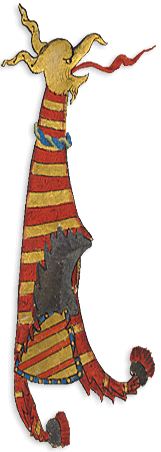Punishing Sin

'I have now come here to acknowledge my fault and am right heartily sorry for the same'
‘Speculum Vitae’, lines 5411-5432, explains that sinners need the help of God to rise up against deadly sin, armed with Penance, which is made up of three parts: Repentance of the Heart, Shrift of the Mouth and Making Amends through free will. In other words, the sinner must truly be sorry, must confess out loud, and must want to make amends.
Moral failings could also be considered suitable for civil legislation because of the economic consequences of raising illegitimate children, which might fall upon the whole community. Various legal codes developed over time to suit the prevailing culture, and could overlap for different purposes. Indeed they still do, for instance in the civil arbitration carried out by the Jewish religious courts, or Beth Din, in the United Kingdom.
In England in the Middle Ages the predominant law was the common law administered by local justices, but the church had responsibility for moral offences and might decide to impose a penance on a woman engaged in a sexual relationship outside of marriage. In addition, as already seen, the lord of the manor could impose leyrwite on bondwomen within his jurisdiction.
The following extracts from literary and historical texts give some insights into punishment in medieval society.
Next page: View documents